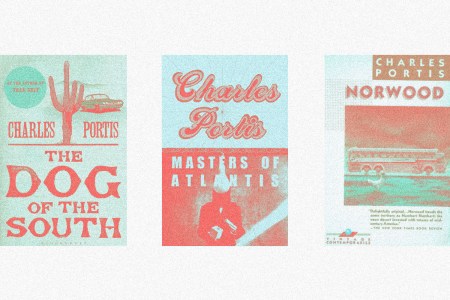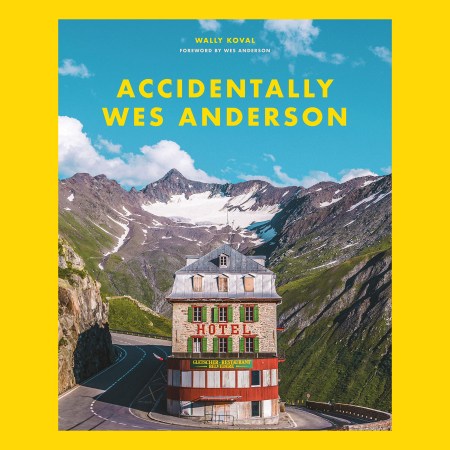Saturday, May 20 brought with it news of writer Martin Amis’s death at the age of 73. Two aspects of this felt especially jarring. The first was the timing: a film adaptation of his novel The Zone of Interest recently debuted at the Cannes Film Festival to rave reviews. The second was the cause of death: esophageal cancer, which also claimed the life of Amis’s longtime friend Christopher Hitchens 12 years earlier.
Amis first made his name as the author of a series of bleakly comedic works of fiction. He was the son of one of the best-known British novelists of the post-World War II period, Kingsley Amis, and his reckoning with his father’s legacy resulted in the memoir Experience, which I would argue is one of his best books, full stop. Amis was also named to Granta‘s initial list of the best British novelists under the age of 40 — a list that also included Kazuo Ishiguro, Salman Rushdie and Ian McEwan.
With novels like Money and London Fields, Amis’s penchant for satire and social commentary reached its searing apex. Gradually, his work — fiction and nonfiction alike — began to wrestle with 20th century totalitarianism and authoritarianism, including both Stalinism (in Koba the Dread) and Nazism (in Time’s Arrow and The Zone of Interest). As with Hitchens, Amis’s politics in the wake of the September 11 attacks shifted somewhat, and he was criticized by a number of writers in the wake of comments he made about Muslims in 2006.
Charles Portis Was One of the Great American Novelists
Sometimes, a handful of books is all you need to speak volumesAt its best, Amis’s writing reckoned with the contradictions and hypocrisies of modern society with a kind of ecstatic surrealism. It’s not hard to see his influence in fiction and nonfiction alike, to say nothing of an aesthetic that has expanded to screens large and small. By and large, his books remain as vibrant as they were when they were first published — and every bit as impactful.
Thanks for reading InsideHook. Sign up for our daily newsletter and be in the know.


















